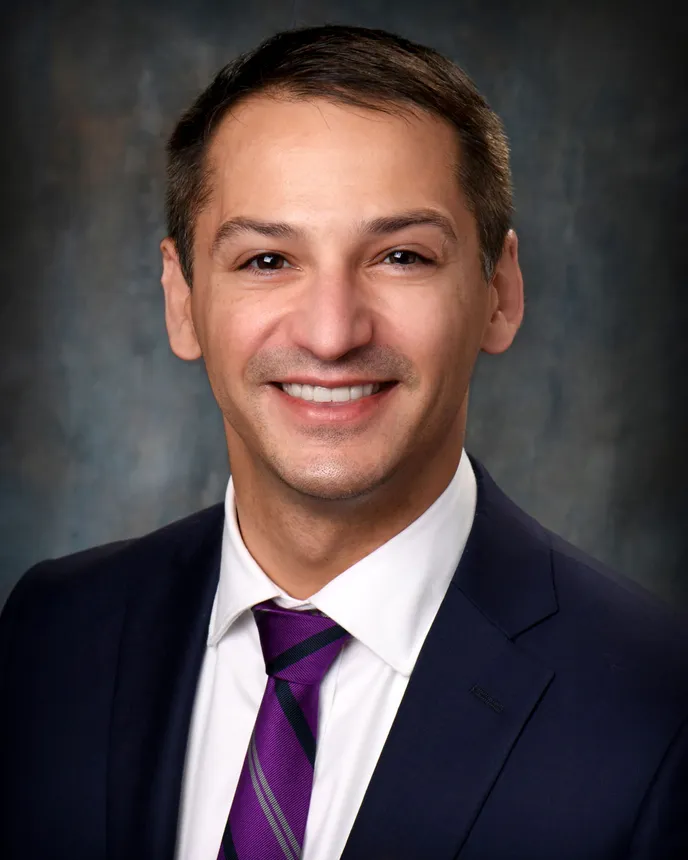Joseph Howard is vice chairman for enrollment at Widener College, a non-public nonprofit in Pennsylvania.
In fall 2024, undergraduate enrollment amongst first-year college students dropped by 5% in comparison with the yr earlier than, in response to new preliminary information from the Nationwide Scholar Clearinghouse Analysis Middle. Most of that lower was because of fewer current highschool graduates heading instantly to school than in earlier years, the clearinghouse discovered.
A number of dynamics are doubtless at play, together with the ban on race-conscious admissions and a few universities’ abandonment of test-optional practices. However one distinguished offender is plain: the fiasco surrounding the brand new Free Software for Federal Scholar Assist.
As of Oct. 18, the botched 2023-24 rollout contributed to an 8.8% decline in functions from the highschool class of 2024, equal to roughly 210,000 college students. It’s cheap to imagine a fair proportion of these college students merely didn’t matriculate and have been doubtless left behind by a damaged system.

Joseph Howard
Permission granted by Joseph Howard
Anticipating these challenges, Widener College adopted a proactive strategy to monetary assist. And we succeeded.
The FAFSA submitting price amongst Widener’s home admitted scholar pool remained effectively above 70%, growing the variety of functions obtained by 5% over the prior yr. We delivered greater than 2,500 financial-aid affords inside every week of the Schooling Division’s inexperienced gentle and enrolled Widener’s largest undergraduate class in its historical past.
Our expertise reveals that establishments can actively promote school entry regardless of the disruptions brought on by FAFSA modifications. With the U.S. Division of Schooling indicating the 2024-25 FAFSA will not be absolutely accessible till Dec. 1, we encourage different establishments to think about a few of the methods we deployed.
Interact your campus neighborhood
It takes a whole campus to recruit a cohort of scholars. On your neighborhood to be efficient companions in that course of, transparency and common communication are key. Our campus started getting ready for a delayed timeline in September 2023. For our college and employees, we framed this disruption as some of the consequential modifications in larger training in many years.
Amid this sense of urgency, sturdy partnerships and artistic considering shortly emerged. As an example, our college and educational leaders labored to reassess the timing of our marquee occasions for admitted college students. These occasions present a vital alternative for college kids and households to satisfy with monetary assist professionals and overview their monetary assist affords — however this requires assist packages to be accessible. Understanding that monetary assist information could be launched far later than standard, we elected to postpone these occasions.
We then realized that the Schooling Division wouldn’t meet its purpose of a Jan. 31 information launch to schools — with only a day’s discover. We once more took motion, making the choice to abandon Widener’s Might 1 choice deadline. This affected the whole lot from orientation timing and new scholar advising to the registration course of and course part. If not for the spirit of partnership we nurtured, neighborhood assist for such a major choice may need been stymied.
Talk, talk, talk
In our FAFSA solicitation efforts, we pivoted from a transactional outreach strategy to at least one primarily based on partnership. We acknowledged college students’ and households’ confusion and frustration upfront and sought to guarantee them that we have been within the course of collectively.
We dedicated to conserving college students knowledgeable amid abrupt modifications, software program bugs and delays. Along with a public-facing college webpage, we supplemented outreach with TikTok movies that includes our financial-aid group, ongoing digital occasions for FAFSA assist (for all college students, not simply our candidates) and messaging to highschool counselors.
We additionally communicated with tenacity and selection. Postcards, textual content messages, e-mail and one-off outreach by admissions counselors have been staples in our toolkit. Our advertising and marketing group tailor-made its digital outreach technique and delivered our messaging on to college students and fogeys by their social media streams. And we communicated at scale — the median admitted scholar obtained 28 discrete factors of engagement from Widener particular to FAFSA submitting.